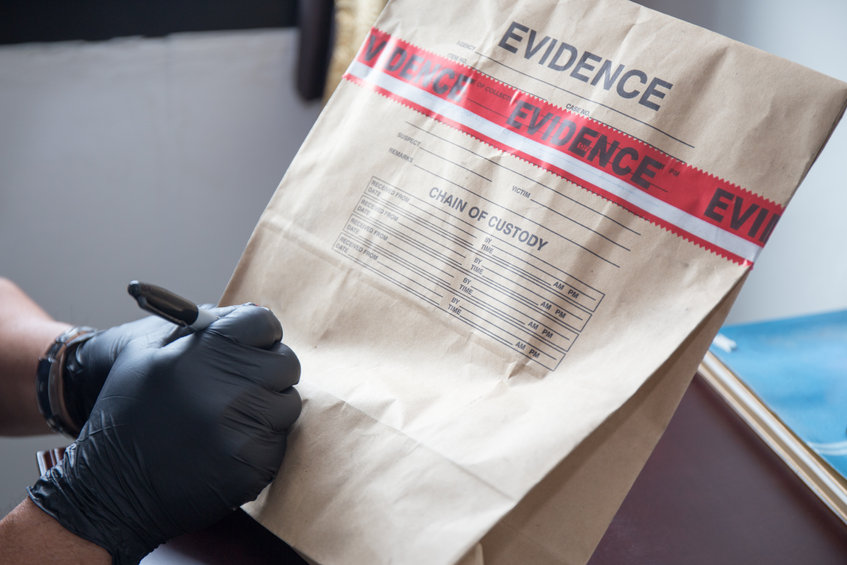The Supreme Court majority continued in relevant part: Subsection (c)(2) also ensures that liability is still imposed for impairing the avail ability or integrity of other things used in an official proceeding beyond the “record[s], document[s], or other object[s]” enumerated in (c)(1), such as witness testimony or intangible information. It makes sense to read (c)(2) as limited by (c)(1) in light of the history of the provision. The Enron accounting scandal exposed a loop hole in §1512. At that time, the statute imposed liability on anyone who, among other things, corruptly persuaded another person to shred documents. But it curiously failed to impose liability on a person who destroyed records himself. The parties agree that Congress enacted §1512(c) as part of the broader Sarbanes-Oxley Act to plug this loop hole. It would be peculiar to conclude that in closing the Enron gap, Congress created a catch-all provision that reaches beyond the scenarios that prompted the legislation.
The broader context of §1512 in the criminal code confirms that (c)(2) is limited by the scope of (c)(1). Federal obstruction law consists of numerous provisions that target specific criminal acts and settings, much of which would be unnecessary if (c)(2) criminalized essentially all obstructive conduct. Given the Court’s obligation to give meaning where possible to each word and provision in the Code, Taylor, 529 U. S., at 404, the Court’s narrower interpretation of subsection (c)(2) is the superior one. An unbounded interpretation of subsection (c)(2) would also render superfluous the careful delineation of different types of obstructive conduct in §1512 itself. That section provides a reticulated list of nearly two dozen means of committing obstruction with penalties ranging from three years to life in prison, or even death. The Government’s reading would lump together under (c)(2) disparate types of conduct for which Congress had assigned proportionate sentences.
The Government’s theory would also criminalize a broad swath of prosaic conduct, exposing activists and lobbyist to decades in prison. Our usual approach in obstruction cases has been to “resist reading” sub-provisions “to create a coverall statute.” Yates, 574 U. S., at 549 (plurality opinion). Nothing in the text or statutory history gives the Court a reason to depart from that practice today. And the Government’s interpretation would give prosecutors broad discretion to seek a 20-year maximum sentence for acts Congress saw fit to punish with far shorter sentences. By reading (c)(2) in light of (c)(1), the Court affords proper respect to “the prerogatives of Congress” in carrying out the quintessentially legislative act of defining crimes and setting the penalties for them.
The defendant, Joseph Fischer, was a former police officer. Justice Barrett, a President Trump appointee, authored a dissenting opinion in which she was joined by Justices Sotomayor and Kagan. In a concurring opinion, Justice Jackson wrote that Fischer could still be prosecuted under the statute at issue, depending on the evidence presented after the case is remanded to the lower court.

